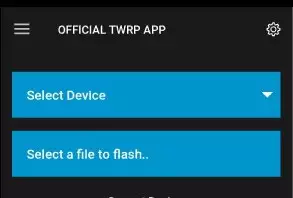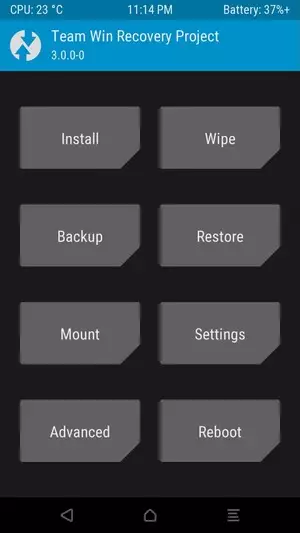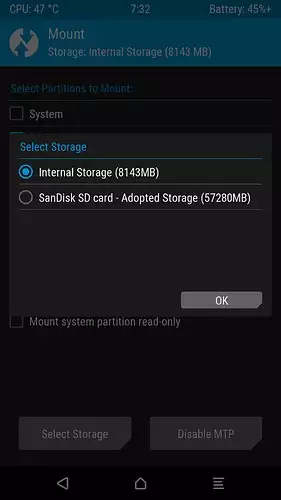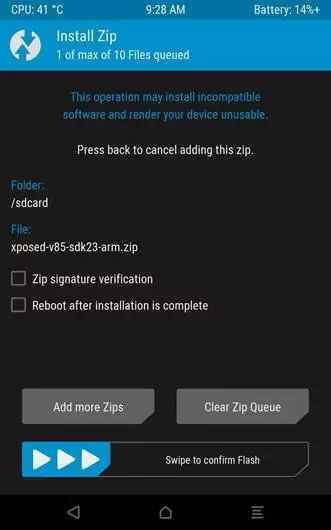Flash firmware on Samsung Galaxy M14
Mobiles >> Samsung >> Samsung Galaxy M14| Specifications | Reviews | Secret codes |
| Unlock phone | Root phone | Bypass FRP |
| Backup | Flash Firmware | Screenshot |
How to flash Samsung Galaxy M14?
Why reinstall the firmware?
Errors constantly appear in the Android OS.
Some installed applications do not open.
Many programs from the Play Market do not start.
The phone turns off for no apparent reason.
The phone slows down a lot during operation.
You are not satisfied with the possibilities of the stock firmware.
Where can I find the firmware?
On the official website of your phone manufacturer.
On specialized services where users post custom or official OS.
What should be done before installing the firmware?
Back up your contacts and user data and transfer it to your computer.
Insert your SD card into your phone. It must have enough memory to fit the firmware.
Determine your smartphone model.
Fully charge your device. If the battery runs out during the firmware, the device will no longer turn on.
Find and download the archive with Firmware.
Installing TWRP Recovery
Install the Official TWRP App via the Play Market. And run this application.
At the first start, you need to give consent to future manipulations, as well as consent to granting the Superuser rights to the application. Check the checkboxes and press the 'OK' button.
After moving to the next screen, you need to select the 'TWRP FLASH' item and give the application root rights.

On the main screen of the application, click 'Select Device', and select your phone model.
After selecting a device, the application will direct the user to a web page to download the appropriate modified recovery environment image file. Download the suggested *.img file.
When the file is loaded, you need to return to the main screen of the Official TWRP App and press the 'Select a file to flash' button. Select the file downloaded in the previous step.
Now press the 'FLASH TO RECOVERY' button and confirm your choice, press 'OK'.
The recording process is very fast, and upon completion, the message 'Flash Completed Succsessfuly!' appears. Click 'OK'. The TWRP installation procedure can be considered complete.
Copy the required files to the memory card. Using a PC or laptop card reader.
Insert a memory card into the device.
To reboot into recovery, you need to enter the menu accessible by pressing the button with three stripes in the upper left corner of the main screen of the application. Select 'Reboot' and then click on the 'REBOOT RECOVERY' button.
Firmware via TWRP

Before flashing, you need to clear the 'Cache' and 'Data' sections, press 'WIPE' on the main screen. This will delete all user data from the device, but avoid a wide range of software errors and other problems.
You can start flashing. Click the 'Install' button.

On the file selection screen, at the very top there is a 'Storage' button for selecting an SD card.
Select the storage to which the files were copied.

Select the firmware file and click on it. A screen opens with a warning about possible negative consequences, you need to check the item 'Zip signature verification', which will avoid using damaged files during recording.
The procedure for writing files to the device's memory will begin, accompanied by the appearance of inscriptions in the log field and the completion of the progress bar.
After the firmware installation procedure is completed, the 'Successful' message appears on the screen.
Summary: Smart Phone OS: Android v11; Custom UI: Samsung One UI; CPU: Octa core, 2 GHz, Cortex A55; Chipset: Samsung Exynos 8 Octa 850; Architecture: 64 bit; GPU: Mali-G52 MP1; RAM: 3 GB; Screen Size: 6.5 inches (16.51 cm); Screen Resolution: 720 x 1600 pixels; Display Type: IPS LCD; Display dots per inch: 270 ppi; Touch Screen: Yes, Capacitive Touchscreen; Bezel-less display: Yes with notch; Internal Memory: 32 GB; Expandable Memory: Yes, Up to 512 GB; SIM 1: 4G Bands: TD-LTE 2300(band 40)FD-LTE 1800(band 3) 3G Bands: UMTS 1900 / 2100 / 850 / 900 MHz 2G Bands: GSM 1800 / 1900 / 850 / 900 MHzGPRS: Available EDGE: Available; SIM 2: 4G Bands: TD-LTE 2300(band 40)FD-LTE 1800(band 3) 3G Bands: UMTS ...
Comments, questions and answers on the flash firmware Samsung Galaxy M14
Ask a question about Samsung Galaxy M14




